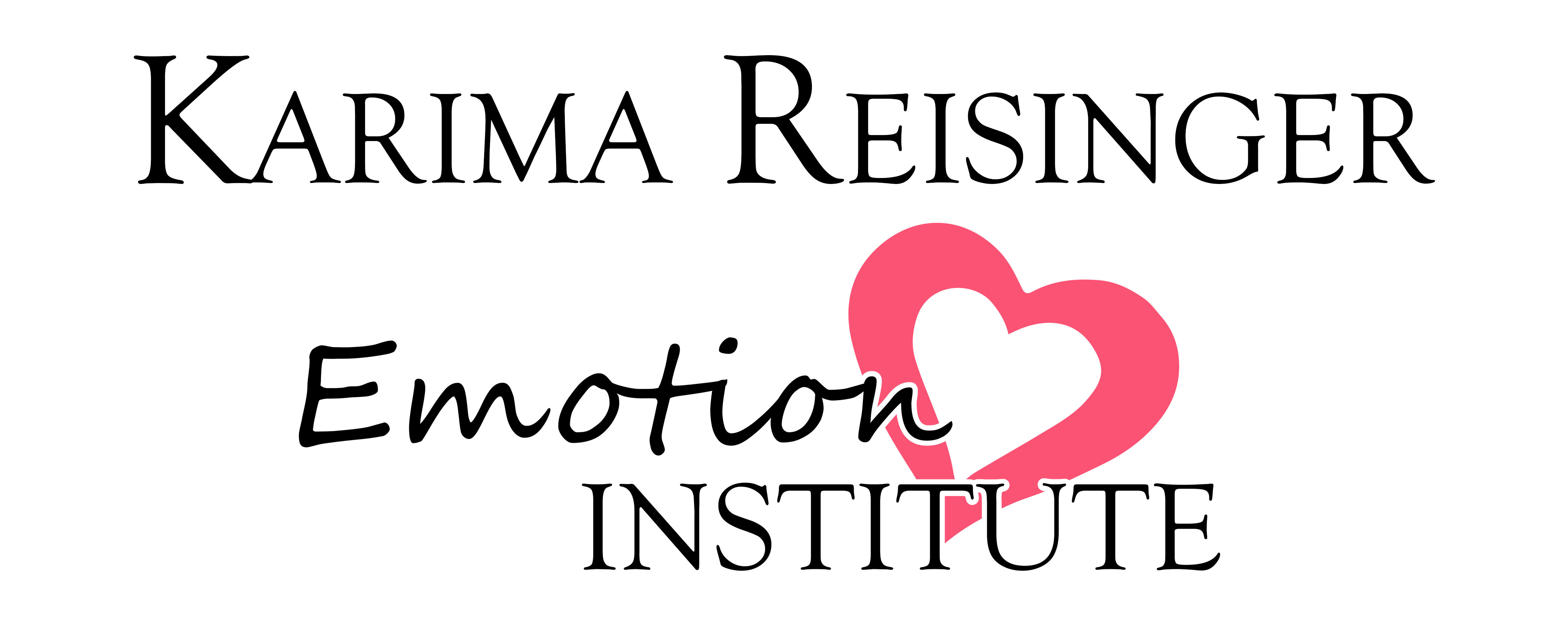As promised in that post I will introduce you to one adaptive survival style. L. Heller the founder of the NeuroAffective Relational Model methods to heal developmental trauma, identified 5 survival styles:
– The connection survival style
– The attunement survival style
– The trust survival style
– The autonomy survival style
– The love-sexuality survival style.
Each of the adaptive survival styles is named after the core need and missing or interrupted core capacity.
Lets start by the trust survival style.
When people identify with that style they face the core difficulties like feeling they cannot depend on anyone but themselves, feeling they have to always be in control.
This survival style is based on pride, power, to be in control and on the top. There are two sub-types: the seducer and the dominator.
In this style there is a lot about narcissism. Often in their childhood they have been abused repetitively by the parents or caregivers. Parents made them feel strong by using them like pawns. They got rewarded without being aware that they are abused (eg: one of the divorced parents tries to get information about the other one from their child rewarding them for their reports. Children who have been raised to be a champion). It is really confusing for a child, as on the one hand he/she feels good, on the other hand they don’t.
There are two extreme characteristics of people of that survival style: one is the type who thinks that to have a work well done it needs to be done by themselves. The other extreme is the psychopath.
The trust survival style feels strong/powerful by making people feeling weak. They love to be seen and to be in the spotlight.
Often the trust survival style will confront the therapist because for them it is so difficult to ask for help.
NARM will help the trust survival style to increase slowly their capability to feel vulnerable, but it is when he/she feels vulnerable that the trust survival style will confront. As well a NARM therapist will reflect to the customer his/her own processes.
We should keep in mind that behind those reactions there is the suffering of a child who has been abused by the caregiver (nanny, legal guardian, adoptive or biological parents…). His/her identity and self-image has been consequently distorted.
Karima Reisinger, 28 Feb 2018
All rights reserved.
Source: L.Heller PhD and Aline Lapierre PsyD Healing Developmental Trauma, How early Trauma Affects Self-Regulation,Self-Image, and the Capacity for Relationship. Ed North Atlantic
